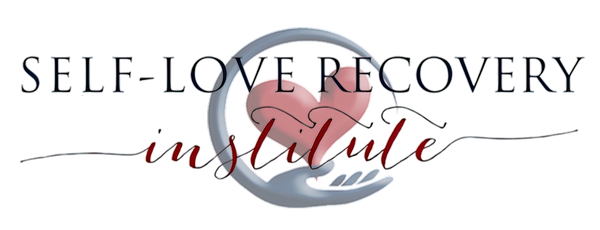
Ross Rosenberg, M.Ed., LCPC, CADC
Over the last twelve years, I have been frequently asked, “Can a codependent be a narcissist?” My almost rote response is that these different mental health conditions are mutually exclusive, meaning that both are inherently different and cannot exist as one. I then present the basic human magnet syndrome theory tenet that codependency and pathological narcissism are opposite and inversely connected conditions that coexist in a dysfunctional intimate relationship.
I conclude with the purposefully destabilizing statement: “If you are the pathological narcissist, then you must be the one who demands love, respect, caring, trust, and protection in the relationship, without a commitment or ability to reciprocate.” This process is meant to be mildly destabilizing, as it should jolt the gaslit person back into reality.
A pathological narcissist would never ask this question because it would represent a capacity for accurate introspection, empathy, and preoccupation with guilt over the harm they supposedly caused. Pathological narcissists believe they are the actual victims of narcissistic abuse while being oblivious to perpetrating it on others. But, should a person ask a narcissist about their narcissism, they will activate a narcissistic injury that is followed by purposely harmful or punitive actions.
Considering a primary symptom of narcissistic personality disorder is low to absent insight into their problems, a tendency to blame others for them, and a fragile emotional foundation that, when challenged, succumbs to narcissistic injury “storms.” Therefore, it is improbable that a narcissist is going to ask me about being a narcissist. The psychological processes that preceded and followed such a query would be too threatening.
In sharp contrast to the narcissist’s various modes of denial and oblivion, codependents are quick to take responsibility for the projections while experiencing guilt, shame, and regret. The fact that these gaslit “narcissists” are besieged by inner emotional and cognitive turmoil, aka cognitive dissonance, is proof by itself that they are not pathologically narcissistic.
The constant barrage of being blamed for what the codependent is victimized by eventually wears the codependent down. Because of the inherent gaslight nature of this process, these codependents eventually identify with the projected “bad narcissist” narrative.
Therefore, a person asking an authority on personality disorders if they are pathologically narcissistic is proof that they are not! Perhaps the better question is, “Why would a codependent worry about being a narcissist?...”
© The Codependency Revolution: Fixing What Was Always Broken, Ross Rosenberg (2024)

0 comments